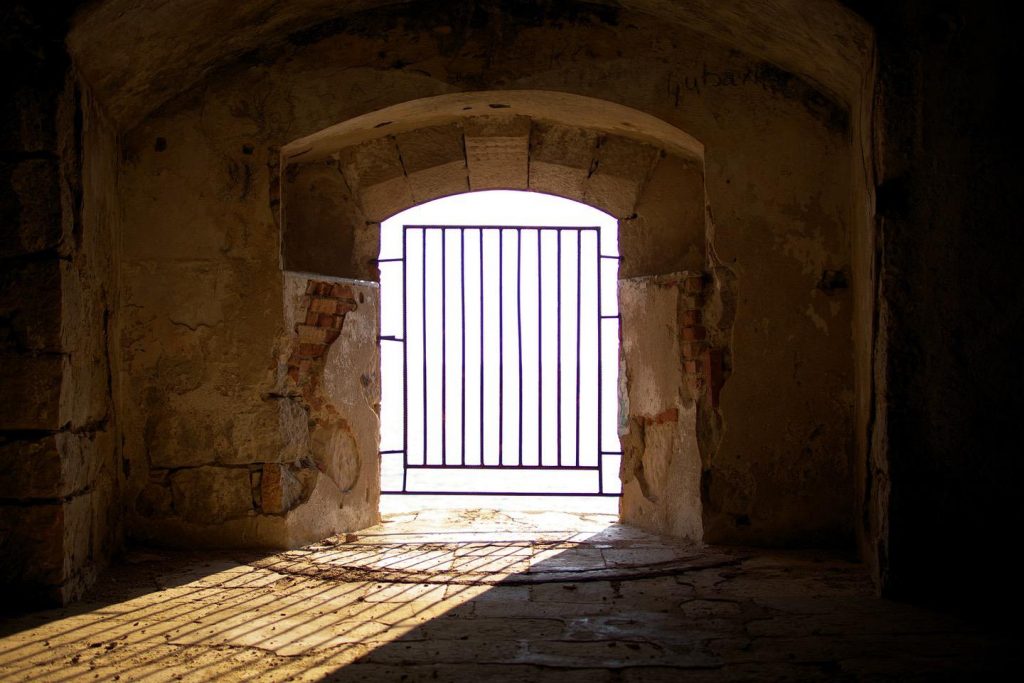
“Do not be afraid of those who kill the body but cannot kill the soul. Rather, be afraid of the One who can destroy both soul and body in hell.”
In December of 1995, Julio Ruibal was assassinated in Colombia. What set Julio apart from the roughly 36000 others who were killed in Colombia that year was the manner in which Julio had lived his life. Christianity Today magazine wrote, “Born in Sucre and raised by his grandmother after his parents’ separation, Ruibal converted to Christianity while he was in the United States where he had gone to study medicine. He received discipleship training under the late Kathryn Kuhlman, a charismatic who led a worldwide healing ministry. Ruibal returned to Bolivia in 1972, at the age of 17. A spontaneous revival broke out in home meetings that Ruibal organized, and within weeks, he was preaching to packed crowds in the La Paz soccer stadium. At age 22, he founded the Neo-Pentecostal Movement in Bolivia, and he held healing services in outdoor stadiums.
Ruibal’s ministry so impressed then-President Hugo Banzer Suarez that he loaned the young evangelist his presidential jet to travel to meetings in other parts of the country.
“The present generation of Christian leaders, those of us between 40 and 45 years of age, were born under Ruibal’s ministry,” said Salcedo, who became a Christian in one of Ruibal’s home meetings and whose congregation started as a result of the 1972 revival. Several members of the evangelical leadership in Bolivia had been members of motorcycle gangs when the revival changed their lives.
John Stanko, executive director of the Julio Ruibal Foundation in Mobile, Alabama, said the evangelist was “on the cutting edge” of confronting Colombian society. “He was always fearless and just had a boldness that was both refreshing and irritating to different people, depending on where they were coming from.”
Julio believed that as long as he was obedient to God’s will, he was effectively invincible. He also believed that when he had done all he could for God’s Kingdom, his time would end no matter how hard he might try to postpone it.
It is easy to see how Julio lived out Jesus’ words in Matthew 10:28. He knew that if there was anyone to fear, it was God Most High. For while the drug czars could threaten and kill, they could not destroy the soul. But God can. So while the drug czars can threaten and can kill the body, God does warn and will eternally condemn those who those who refuse to repent. Revelation 14 says, “And the smoke of their torment rises for ever and ever. There is no rest day or night for those who worship the beast and his image, or for anyone who receives the mark of his name. This calls for patient endurance on the part of the saints who obey God’s commandments and remain faithful to Jesus.”
Our fear ought never to be those who can deal in temporary matters, but Him who deals in eternal matters. Amen.
For if God did not spare angels when they sinned, but cast them into hell and committed them to chains of gloomy darkness to be kept until the judgment; if he did not spare the ancient world, but preserved Noah, a herald of righteousness, with seven others, when he brought a flood upon the world of the ungodly; if by turning the cities of Sodom and Gomorrah to ashes he condemned them to extinction, making them an example of what is going to happen to the ungodly; and if he rescued righteous Lot […] then the Lord knows how to rescue the godly from trials, and to keep the unrighteous under punishment until the day of judgment.
The apostle Peter (from 2Peter2:4–10)
APPLICATION: Worship
Let us fall down and worship God, who is worthy of our worship and our complete obedience.









